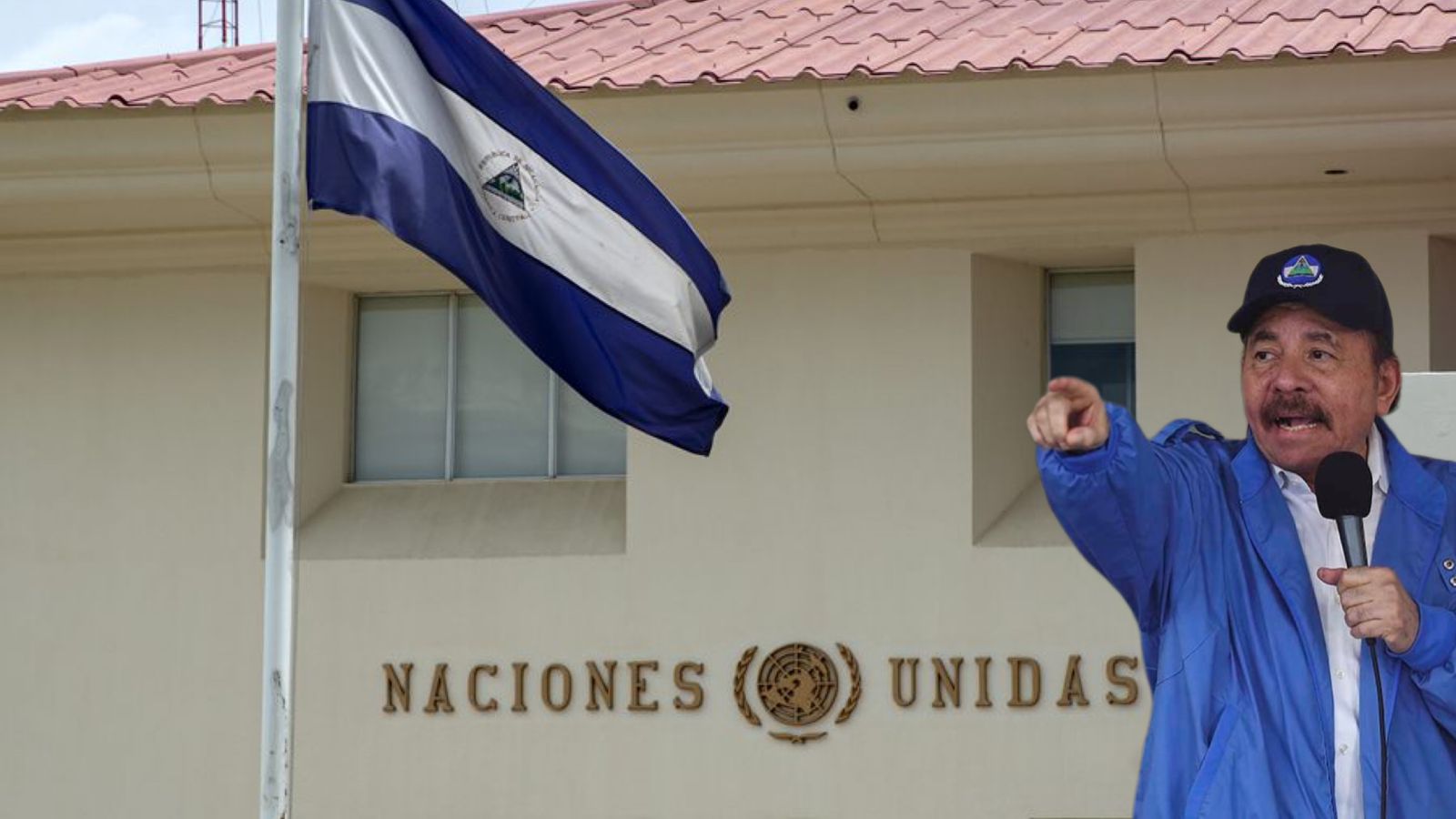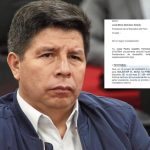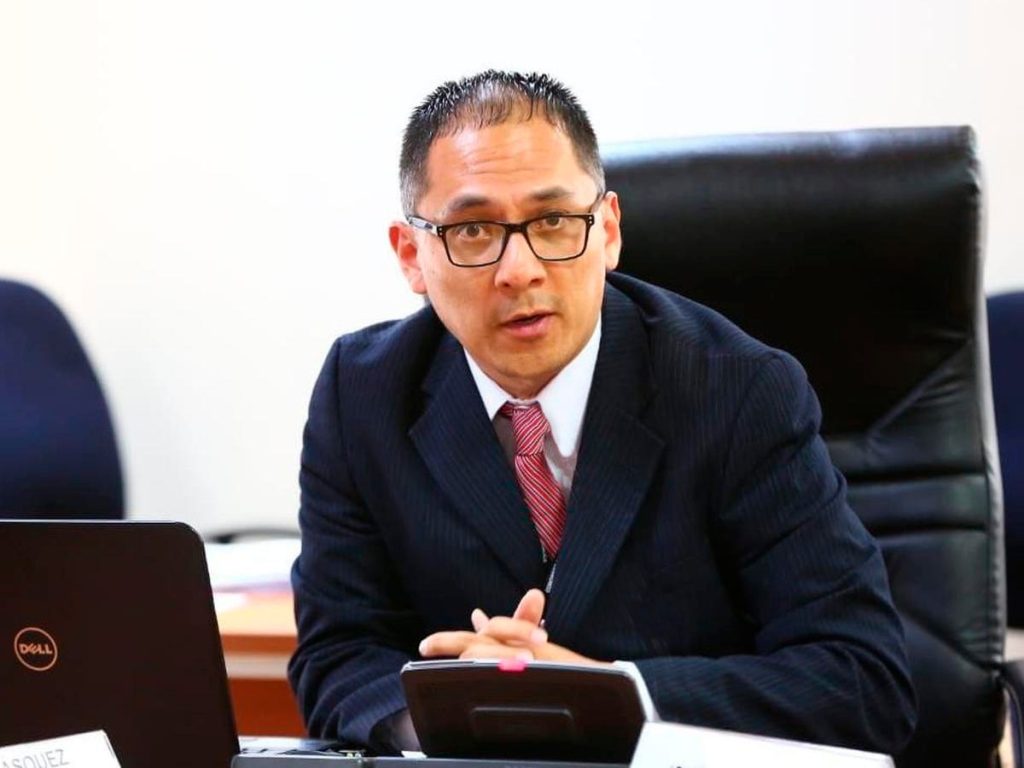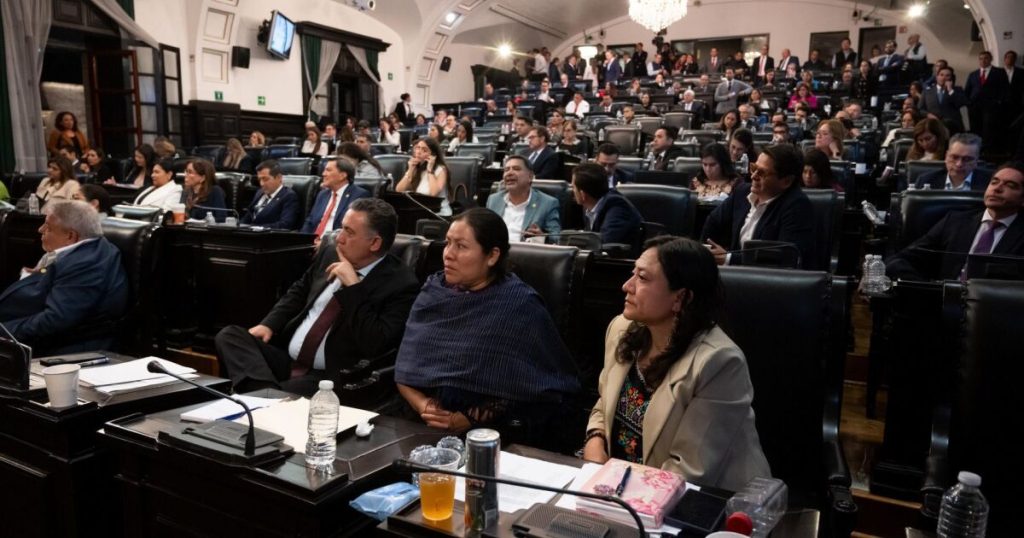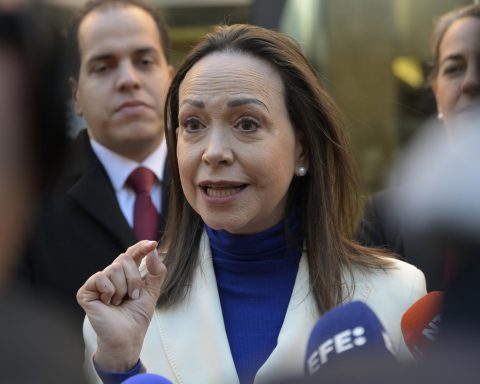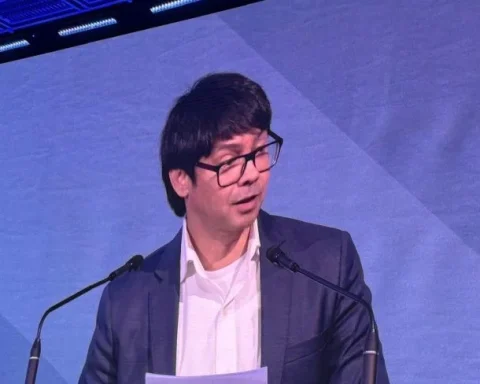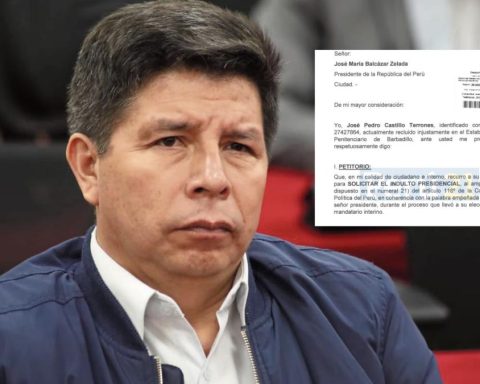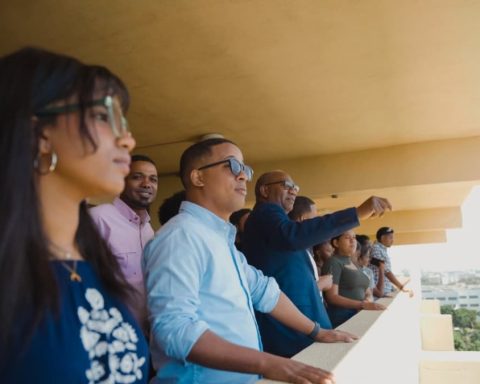The UN on Tuesday denounced a recent law passed by the Nicaraguan Parliament that, in its opinion, could intensify the “repression” of Nicaraguan exiles, whose rights it called on to “protect.”
The UN Human Rights Council discussed in Geneva the report on the situation in Nicaragua, presented by Christian Salazar Volkmann, head of the UN High Commissioner for Human Rights.
“These reforms could be used to further intensify the persecution and repression of Nicaraguans, including those in exile and foreigners, for the legitimate exercise of their rights,” he said.
Related news: Reforms to criminal laws will allow Ortega to “identify, control and repress” more Nicaraguans
Last Friday, a law came into effect in Nicaragua to prosecute those who commit acts against the government abroad, which exiles denounce as a “tool of transnational repression.”
The law provides for penalties of up to 30 years in prison and confiscation of property for “crimes against public administration,” “cybercrimes,” or “crimes against the State or institutions,” among others.
Daniel Ortega’s government has tightened legislation and repression following opposition protests in 2018. Since then, some 5,500 NGOs have been closed and their assets confiscated.
The protests have left more than 300 dead in three months, according to the UN, and since then thousands of Nicaraguans have gone into exile and hundreds have been expelled and their property confiscated.
The law came into effect a day after the Ortega government released 135 political prisoners, who were sent to Guatemala, thanks to mediation by the United States.
The US envoy then asked Ortega not to strip these released prisoners of their Nicaraguan nationality, as he did with other freed political prisoners and exiled opponents.
One of the latter is the Nicaraguan poet Gioconda Belli, exiled since 2023 in Spain, who, before the Council, demanded the “cessation of harassment against critical voices” by the Ortega government.
“The rights of all people who want to live in Nicaragua must be protected and promoted. Those in exile have the right to a safe return and to be able to live a peaceful life in their country,” said Salazar.
